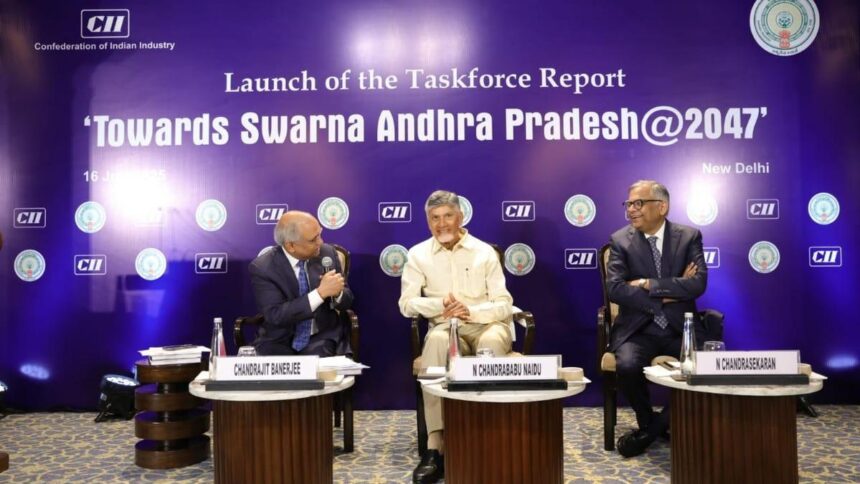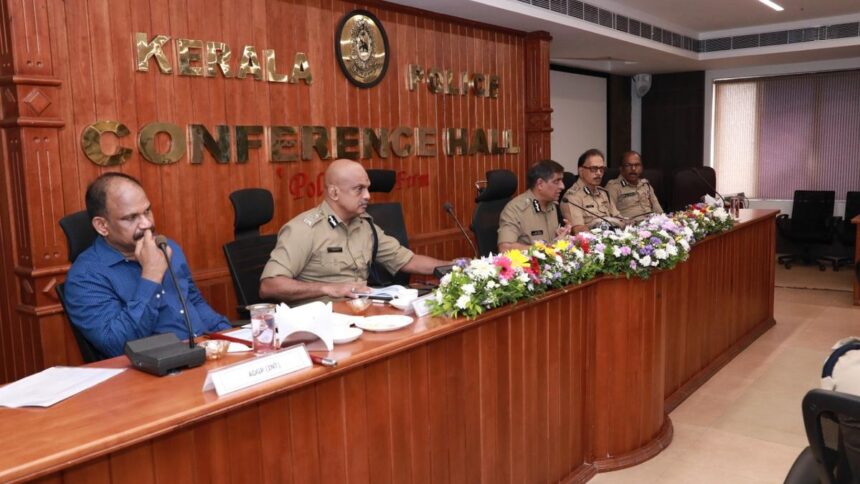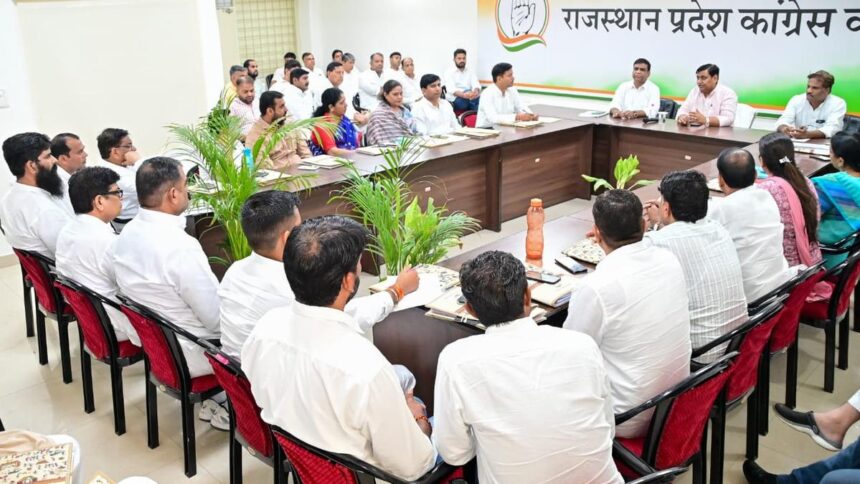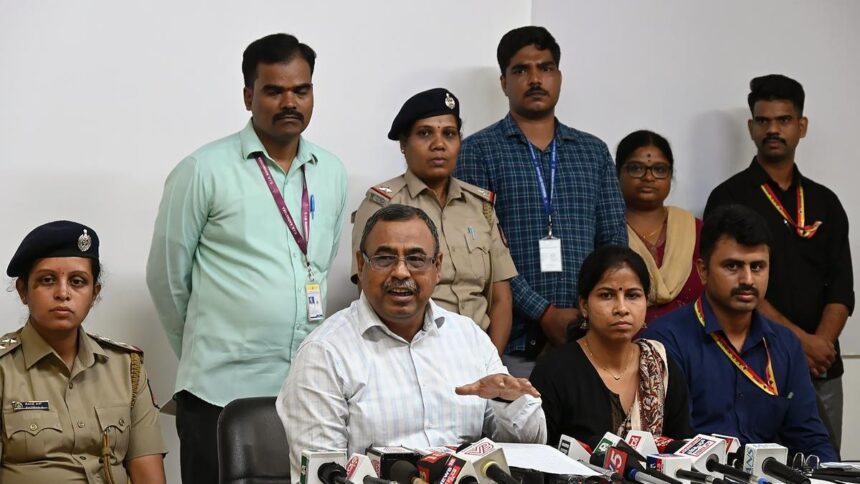The much-awaited State Education Policy (SEP) for Karnataka, the final report of which was submitted to the State government on Friday, has proposed that “Constitutional Value Education” should be institutionalised as a compulsory subject.
Prof. Sukhadeo Thorat, Chairman of the SEP Commission, and other members, submitted the report to Chief Minister Siddaramaiah.
The report stated that “values enshrined in the Preamble, Fundamental Rights, Fundamental Duties, and Directive Principles of State Policy must be embedded across the curriculum to nurture informed, responsible, and constitutionally aware citizens.”
The commission has said that the government should ensure equitable and inclusive access to education for all, especially for low-income groups and socially disadvantaged groups.
Focus on girl child
As part of this effort, the commission also recommended free education to girls in government, aided, and private unaided colleges, encouraging girls to prioritise education over domestic/economic activities and provide financial incentives to delay child marriage.
“Provide full financial support to all low-income Muslim students, support to households with less parental education, incentives to increase enrolment of rural Muslim girls and incentives to delay marriage for girls’ education,” it added.
The commission, which believes that the shortage of teachers is the main reason for the backwardness of quality education, has proposed for action to be taken to fill all the vacant posts of teachers. “Contract and guest teacher appointments should be discontinued. All vacant teaching positions must be filled with qualified, regular staff.”
Extend RTE
Further, the commission recommended that the coverage of the Right to Education (RTE) Act should be extended in a phased manner to include all children from ages 4 to 18.
The SEP commission focused on the quality of education in government schools and said that it must be aligned with the standards of Kendriya Vidyalayas. Reliance on guest teachers should be ended by ensuring regular and timely recruitment of qualified staff, it said.
A Comprehensive Curriculum for School Education (CCSE) should be developed to guide learning across all stages, with a strong emphasis on foundational learning up to class 5. The focus should be on values, sustainability, and holistic development. “The reliance on NCERT textbooks should be ended, and subject content should be localised,” it stated.
Regulation of private schools
SEP Commission, batting for the regulation of private schools and fee regulations, said, “Privatisation of school education should be actively discouraged. Strict enforcement of fee regulations and obligations related to admissions under the Economically Backward Sections (EBS) quota is essential. A dedicated regulatory body for private schools must be established,” it stated.
To improve the quality of education, SEP recommends that the State must raise and allocate 3% of its Gross State Domestic Product (GSDP) specifically for school education, while also increasing the education sector’s share to 30% of the total annual State Budget expenditure. “To ensure sustained improvement in educational outcomes, there should be steady real growth in per-student spending, ideally between 5-10% annually,” it said.
As per its poll promise, the Congress had constituted the SEP Commission to formulate a separate education policy for the State instead of the National Education Policy (NEP-2020) and issued an order on October 11, 2023.
Published – August 08, 2025 10:53 pm IST























